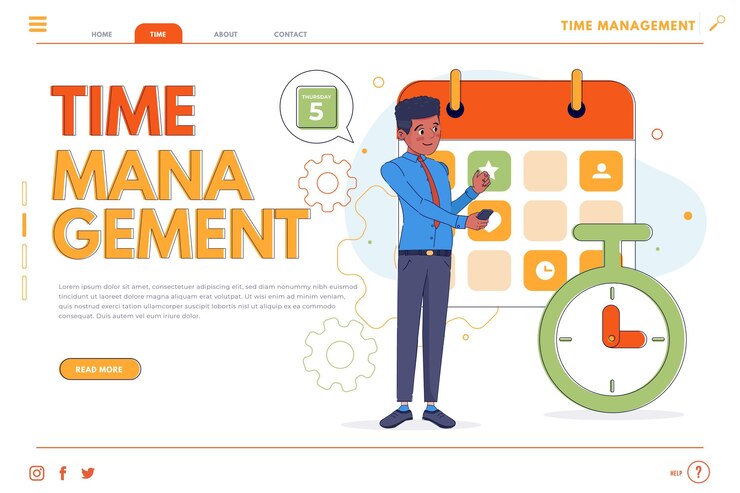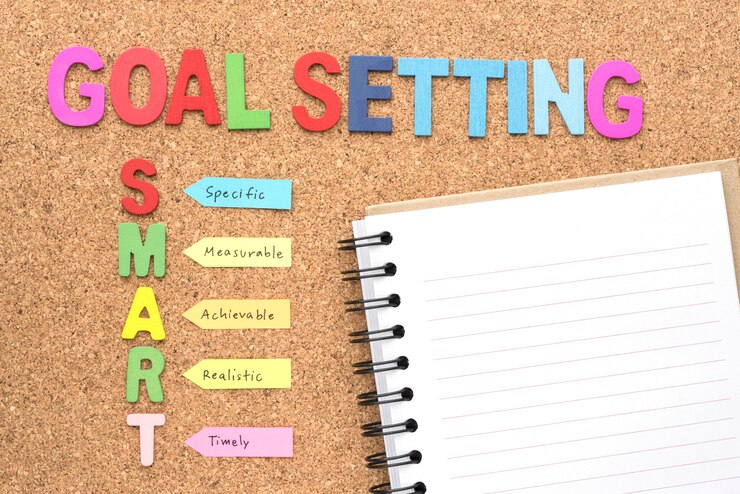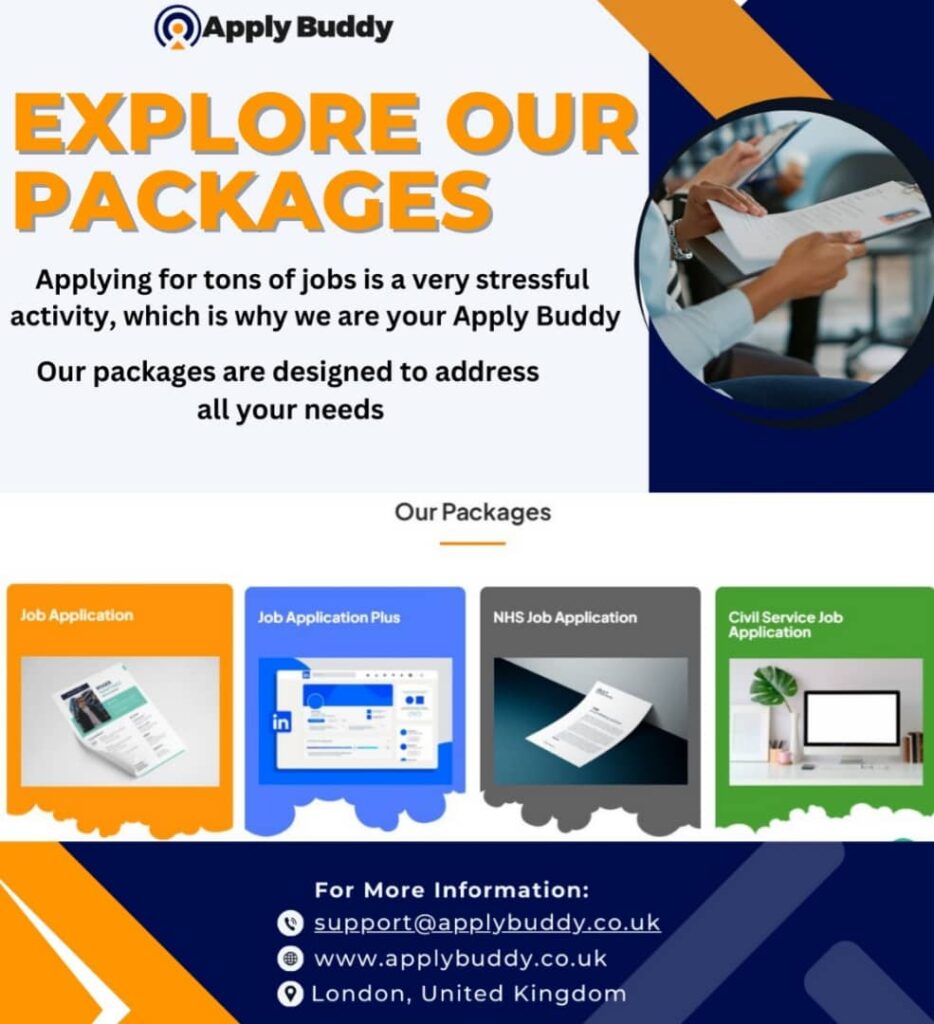Do you know that organisational skills in the workplace are essential for achieving efficiency, maintaining balance, and driving professional success? Whether managing projects, meeting tight deadlines, or navigating team dynamics, strong organisational abilities can make all the difference. Let’s explore these skills and why they matter in today’s fast-paced work environment.
What Are Organisational Skills?
Organisational skills are the ability to structure tasks, manage time, and effectively utilise resources to achieve goals. These skills encompass everything from setting priorities and maintaining records to planning and multitasking.
Why do they matter? Strong workplace organisation skills enhance productivity, reduce stress, and improve job performance. Whether tackling a task or managing multiple projects, staying organised ensures nothing slips through the cracks.
Also Read: Why are Company Values Important
Why Organisational Skills Matter in the Workplace
You may be wondering why these skills are so important.
Here’s the deal:
Boost Workplace Productivity: When employees organise their tasks effectively, they streamline processes and minimise wasted time.
Improve Job Performance: Organisational abilities lead to a clear focus, enabling professionals to achieve their targets efficiently.
Handle Multiple Tasks Seamlessly: With the ability to prioritise, managing multiple responsibilities becomes less overwhelming.
Example: A project manager who tracks tasks using productivity tools like Trello can deliver projects on time while maintaining quality.
Also Read: How to Balance Your Job Search with other Responsibilities
Key Organisational Skills Every Professional Should Have
Organisational skills in the workplace are the backbone of professional success. From time management to multitasking, these abilities ensure employees remain productive, meet deadlines, and achieve their goals. But what are the essential organisational skills every professional should master? Let’s break it down.
Time Management

Time management is a cornerstone of workplace organisation skills. Being able to prioritise tasks, allocate time effectively, and meet deadlines is invaluable.
For example:
– Use time management strategies like the Pomodoro Technique to focus on tasks in short bursts.
– Create to-do lists and prioritise tasks to ensure you meet deadlines without feeling overwhelmed.
Here’s the kicker: Employees who manage their time efficiently often exceed expectations, making them standout performers.
Also Read: Why you are Struggling to Find a Job in the UK after Graduation
Task Delegation
But what is task delegation, exactly? It’s the art of assigning responsibilities to team members based on their strengths. Effective delegation not only builds teamwork but also lightens the workload.
Pro Tips:
– Communicate clearly to ensure tasks are understood.
– Use tools like Trello or Asana to track delegated tasks and deadlines.
Bottom line: Strong delegation skills are essential for staying organised and achieving workplace goals.
Multitasking
Multitasking skills are crucial for managing multiple tasks simultaneously. While staying focused is important, juggling priorities without losing track of details is a key organisational ability.
Here’s how you can do the same thing:
– Set priorities and tackle high-impact tasks first.
– Use organisational tools like Kanban boards to visualise workflows.
This is crazy: Studies show that professionals with excellent multitasking skills complete 30% more work than those without.
Record Keeping
Regarding organisational skills in the workplace, record-keeping is often underestimated. Yet, maintaining organised records ensures data accuracy, compliance, and accountability.
How can you use this technique?
– Use digital tools like Google Workspace to organise documents and track progress.
– Keep files labelled and categorised for easy retrieval.
The bottom line? Effective record-keeping streamlines workflows and saves time.
How to Develop and Improve Your Organisational Skills
Improving organisational skills in the workplace is not just about working harder—it’s about working smarter. Adopting a few targeted strategies can enhance your abilities and create a more efficient work environment.
Here’s how to get started:
Set Clear Goals and Priorities

What’s the big secret I’m talking about? It’s all about clarity. Setting clear, actionable goals keeps you focused and aligned with your objectives.
For example:
– Outline your priorities using the SMART goal framework (Specific, Measurable, Achievable, Relevant, Time-bound).
– Break larger tasks into smaller milestones for better manageability.
The bottom line? Clear goals eliminate confusion and keep you on track.
Use Organisational Tools
Want to know the best part?
Technology can be your best friend when it comes to staying organised. Productivity tools help streamline workflows, manage tasks, and reduce manual effort.
Try these tools:
– Trello: Perfect for tracking team projects.
– Google Workspace: Ideal for collaborative document management.
– Asana: Great for scheduling and tracking individual or team goals.
By leveraging these tools, you can transform chaos into order effortlessly.
Keep Your Workspace Tidy
But why does workspace organisation matter so much? A clutter-free desk isn’t just about aesthetics—it’s about reducing distractions and enhancing focus.
Quick tips for organising your desk:
– Use trays or containers to sort documents.
– Declutter your workspace daily to maintain order.
– Keep only essential items within reach.
Now, imagine how much smoother your day would run with a clean, well-organised workspace.
Break Tasks Into Manageable Steps
We can agree on this: Large tasks can be overwhelming. The solution? Break them down into smaller, actionable steps.
Here’s an example:
– Instead of tackling a 20-page report in one sitting, aim to complete 5 pages daily.
– Use task segmentation techniques to focus on one aspect of the job at a time.
This approach makes even the most daunting tasks seem achievable.
Pro Tip: Implementing these strategies consistently can significantly improve your workplace organisation skills, setting you apart as a highly efficient professional.
Benefits of Strong Organisational Skills in the Workplace
Organisational skills in the workplace aren’t just about staying on top of tasks—they offer a range of advantages that can transform your work life. Here’s why mastering these skills is a game-changer.
Increased Productivity

Want to know the best part? Strong organisational skills directly boost productivity. You can accomplish more in less time by managing your time and tasks effectively.
For example:
– Structured workflows help eliminate redundant activities.
– Prioritising tasks ensures you focus on high-impact work first.
Do you see how huge this is? Efficient professionals often achieve higher outputs, making them valuable team assets.
Reduced Stress
But here’s the kicker: Staying organised reduces stress significantly. A clear action plan minimises the chaos and uncertainty, often leading to workplace anxiety.
How can you achieve this?
– Plan your day in advance to avoid last-minute scrambles.
– Use tools like calendars and reminders to stay on top of deadlines.
The result? A more balanced and stress-free work experience.
Better Time Management
Here’s the deal: Organisational skills in the workplace are incomplete without strong time management. When you allocate time wisely, you can meet deadlines consistently and still maintain a work-life balance.
Practical strategies:
– Block specific times for focused work and breaks.
– Set realistic deadlines to avoid overloading yourself.
The bottom line? Better time management means greater control over your schedule and priorities.
Key Insight:
Strong organisational skills benefit you and positively impact your team, projects, and workplace culture. Whether improving productivity or fostering a stress-free environment, these skills are indispensable.
Conclusion
Organisational skills in the workplace are the cornerstone of professional success. From time management to task delegation, developing these abilities can elevate your career, reduce stress, and help you achieve your goals more efficiently. Whether you’re an entry-level professional or a seasoned executive, refining your organisational skills is a journey worth undertaking.
But how can you take these skills to the next level?
This is where ApplyBuddy Services comes in. We specialise in preparing you for your dream roles by offering top-notch interview coaching, resume crafting, and skill-building resources. With our support, you’ll improve your organisational skills and showcase them confidently during job interviews.

The bottom line? Success starts with preparation. Let ApplyBuddy Services guide you on your professional journey!
FAQs
What are the best time management techniques for improving organisational skills?
Techniques like the Pomodoro method, task prioritisation, and SMART goals are highly effective for managing time and staying organised.
How can I improve my task delegation skills at work?
Start by identifying team members’ strengths, communicating clear instructions, and using tools like Asana or Trello to track progress.
What tools can I use to stay organised at work?
Popular tools include Google Workspace for collaborative tasks, Trello for project management, and Evernote for personal organisation.
How do I stay organised when juggling multiple projects at once?
Break tasks into smaller steps, set clear priorities, and use visual tools like Kanban boards to track progress.
